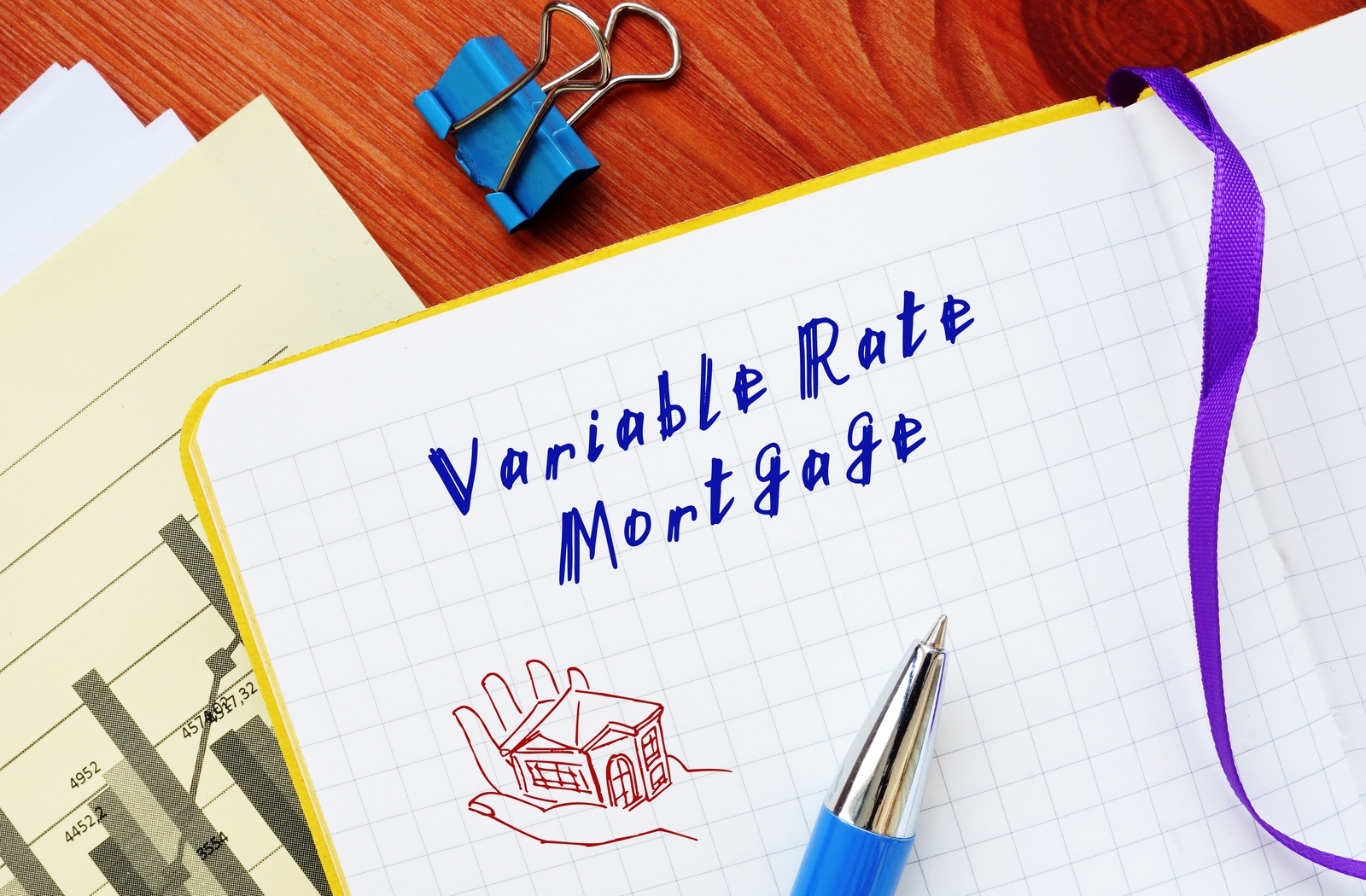Key Takeaways
- Variable-rate mortgages start lower and offer flexibility, but rates can rise and affect your payments.
- You can’t lock in a variable rate, but you can switch to a fixed rate (with lender approval).
- Switching usually means penalties (often 3 months’ interest) and extra fees.
- Fixed-rate mortgages provide stability and predictable payments but usually cost more upfront.
- The best time to switch depends on your comfort with risk—a mortgage broker can help you decide.
Locking in a Variable Rate Mortgage
Variable-rate mortgages can be appealing when interest rates are low because they can allow you to pay off your mortgage faster. You may choose a variable rate when renewing your mortgage or as a first-time buyer finding the right mortgage for you. Variable rates offer more flexibility but also more risk.
You may be tempted to lock in your variable mortgage rate when interest rates decrease. But can you lock in a variable mortgage rate?
The short answer: yes…and no.
What Is a Variable Rate Mortgage?
A variable rate mortgage fluctuates and can either increase or decrease over time. The rate changes with market conditions and is tied to the lender’s prime rate—commonly based on the Bank of Canada’s prime rate. Your regular payment amount doesn’t change. Instead, the interest rate changes how the payment amount is used.
An increase in rate means more of your payment goes toward your interest. When the rate decreases, more of your payment goes toward the principal. Many people choose variable-rate mortgages because they offer more flexible terms.
Consider this example: When you sign your mortgage agreement, the prime rate is 0.50%. Your lender posts a prime rate of 2.50%, meaning you’ll pay 2% interest. Then, the prime rate decreases to 2.25%, so your new interest rate is 1.75%. Later, the prime rate increases to 3%, making your interest rate 2.50%.
Choosing a variable rate mortgage can be beneficial if you expect to pay your mortgage off quickly. Variable mortgage rates also tend to begin with lower rates compared to fixed mortgages.
Variable-Rate Advantages
- Potentially lower costs
- Minimal break penalties
Variable-Rate Disadvantages
- Less stability
- Rates can increase

Can You Lock in a Variable Rate Mortgage?
Variable mortgage rates cannot be locked in, but you can switch to a fixed-rate mortgage. A variable rate offers the flexibility to switch to a fixed rate at any time, as most lenders allow the change. However, a switch isn’t guaranteed, as the lender must approve the negotiation.
When a lender does not approve the change or negotiates a mortgage that doesn’t meet your expectations, you may choose to break your mortgage contract. Then, you will need to pay a prepayment penalty fee before changing lenders. After selecting a new lender, you will apply for a fixed-rate mortgage.
A fixed-rate mortgage is the opposite of a variable-rate mortgage. A fixed-rate means the interest rate remains the same over the entire mortgage term. Typically, the initial rates are higher for fixed-rate mortgages. However, the higher cost offers more stability. When the market changes, your rate stays the same.
Fixed-Rate Advantages
- Protection from interest rate increases
- Budgeting & payment is predictable
Fixed-Rate Disadvantages
- High fees if you need to break your contract
- Potentially higher costs
When Should You Lock in Your Rate?
Anyone can say you should lock in your rate when interest is low, but how low can it go? Do you make the switch when interest rates start rising? Even the experts can’t 100% predict if the rate will continue to rise or fall—but lenders and mortgage brokers can have a better awareness of market trends.
When you’re ready to lock in your rate, your lender will be negotiating with knowledge of current standard rates and an understanding of your previous mortgage agreement. Changing your mortgage agreement often includes a penalty, even when locking in a variable mortgage rate.
It’s important to know what to expect. Understanding the basics can help you evaluate if the switch is right for your financial needs. For example, say your variable mortgage rate is sitting at 2%. You probably feel it’s a good place to start negotiating a fixed mortgage rate. But after you sign your new agreement, the rate drops to 1.75%, and you feel you’ve missed out.
The opposite can be true. Maybe you’re waiting for the rate to drop a touch lower. Instead, it increases. Knowing when to make the switch can be tricky, so it’s best to lock in at a rate you feel comfortable with—or be comfortable with the risks of waiting.
When you’re unsure if your lender is offering you the standard rate or a competitive rate, a mortgage broker can help you understand your mortgage options.
What to Expect When Locking in Your Rate
Locking in your variable rate does not mean you keep your current interest rate. Instead, it’s a negotiation tool. Your lender will consider your current variable rate when negotiating for a fixed-rate mortgage.
The penalty for making the change can depend on your lender. However, locking in a variable rate typically has a lower penalty than breaking a fixed-rate mortgage. On average, breaking your variable rate mortgage can include a penalty of 3 months’ interest.
There are also additional fees, such as:
- Administration fees
- Appraisal fees
- Mortgage discharge free
- Reinvestment fees
Are You Locking in Your Rate?
A mortgage broker can ensure you get the best rate possible when you’re ready to make the change. Mortgage Connection helps our clients get lower interest rates and better terms. Contact our team today, and we can support you through any mortgage decisions.





18 thoughts on “Can You Lock in a Variable Rate Mortgage?”
Comments are closed.